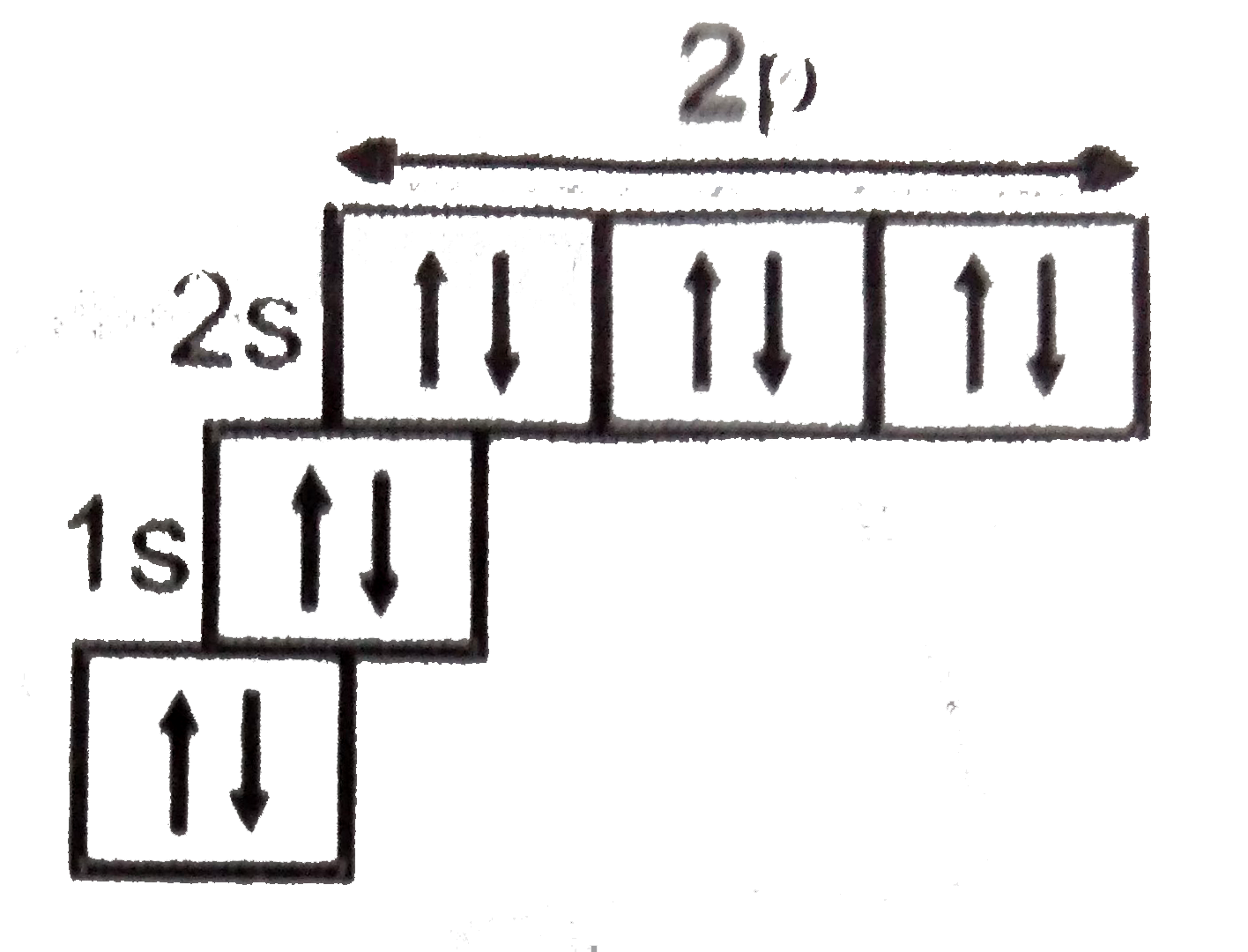Which of the following elements would lose an electron easily ?
Mg
Na
K
Ca
The correct Answer is:C
To determine which of the given elements would lose an electron easily, we can follow these steps:
Step 1: Identify the Elements
Let's identify the elements we are considering. The elements mentioned in the transcript are:
- Magnesium (Mg)
- Sodium (Na)
- Potassium (K)
- Calcium (Ca)
Step 2: Write the Electronic Configurations
Next, we will write the electronic configurations for each of these elements based on their atomic numbers:
- Magnesium (Mg): Atomic number 12 → Electronic configuration: 2, 8, 2
- Sodium (Na): Atomic number 11 → Electronic configuration: 2, 8, 1
- Potassium (K): Atomic number 19 → Electronic configuration: 2, 8, 8, 1
- Calcium (Ca): Atomic number 20 → Electronic configuration: 2, 8, 8, 2
Step 3: Determine Valence Electrons
Now, we will look at the number of valence electrons for each element:
- Magnesium: 2 valence electrons
- Sodium: 1 valence electron
- Potassium: 1 valence electron
- Calcium: 2 valence electrons
Step 4: Analyze the Tendency to Lose Electrons
Elements tend to lose electrons more easily if they have fewer valence electrons. In this case:
- Sodium and Potassium each have 1 valence electron, which means they can lose an electron easily.
- Magnesium and Calcium have 2 valence electrons, making it slightly less favorable for them to lose electrons compared to Sodium and Potassium.
Step 5: Compare Sodium and Potassium
Between Sodium and Potassium, we need to consider their atomic sizes:
- Sodium is smaller in size compared to Potassium.
- As we move down the group in the periodic table, the atomic size increases. A larger atomic size means that the outermost electron is further from the nucleus and is held less tightly, making it easier to lose.
Conclusion
Since Potassium (K) has a larger atomic size compared to Sodium (Na) and both have 1 valence electron, Potassium will lose an electron more easily than Sodium. Therefore, the element that would lose an electron easily is Potassium (K).
Final Answer
The correct answer is Potassium (K).
---
Let's identify the elements we are considering. The elements mentioned in the transcript are:
- Magnesium (Mg)
- Sodium (Na)
- Potassium (K)
- Calcium (Ca)
Next, we will write the electronic configurations for each of these elements based on their atomic numbers:
- Magnesium (Mg): Atomic number 12 → Electronic configuration: 2, 8, 2
- Sodium (Na): Atomic number 11 → Electronic configuration: 2, 8, 1
- Potassium (K): Atomic number 19 → Electronic configuration: 2, 8, 8, 1
- Calcium (Ca): Atomic number 20 → Electronic configuration: 2, 8, 8, 2
Now, we will look at the number of valence electrons for each element:
- Magnesium: 2 valence electrons
- Sodium: 1 valence electron
- Potassium: 1 valence electron
- Calcium: 2 valence electrons
Elements tend to lose electrons more easily if they have fewer valence electrons. In this case:
- Sodium and Potassium each have 1 valence electron, which means they can lose an electron easily.
- Magnesium and Calcium have 2 valence electrons, making it slightly less favorable for them to lose electrons compared to Sodium and Potassium.
Between Sodium and Potassium, we need to consider their atomic sizes:
- Sodium is smaller in size compared to Potassium.
- As we move down the group in the periodic table, the atomic size increases. A larger atomic size means that the outermost electron is further from the nucleus and is held less tightly, making it easier to lose.
Since Potassium (K) has a larger atomic size compared to Sodium (Na) and both have 1 valence electron, Potassium will lose an electron more easily than Sodium. Therefore, the element that would lose an electron easily is Potassium (K).
The correct answer is Potassium (K).
Similar Questions
Which of the following elements does not lose an electron easily ?
View SolutionWhich of the following elements will gain one electron readily in comparison to other elements of their group?
View SolutionWhich of the following elements has zero electron affinity ?
View SolutionWhich of the following elements has least number of electrons in its "M" shell ?
View SolutionWhich of the following element has the maximum electron affinity ?
View SolutionWhich of the following pairs of elements would have a more negative electron gain enthalpy?
a. O or F, b.F or Cl
View SolutionWhich of the following pairs of elements would have a more negative electron gain enthalpy?
O or F
View SolutionWhich of the following pairs of elements would have a more negative electron gain enthalpy?
For Cl
View SolutionWhich of the following elements is represents by the electronic configration ?

View SolutionWhich of the following would be easily fossilized
View Solution
